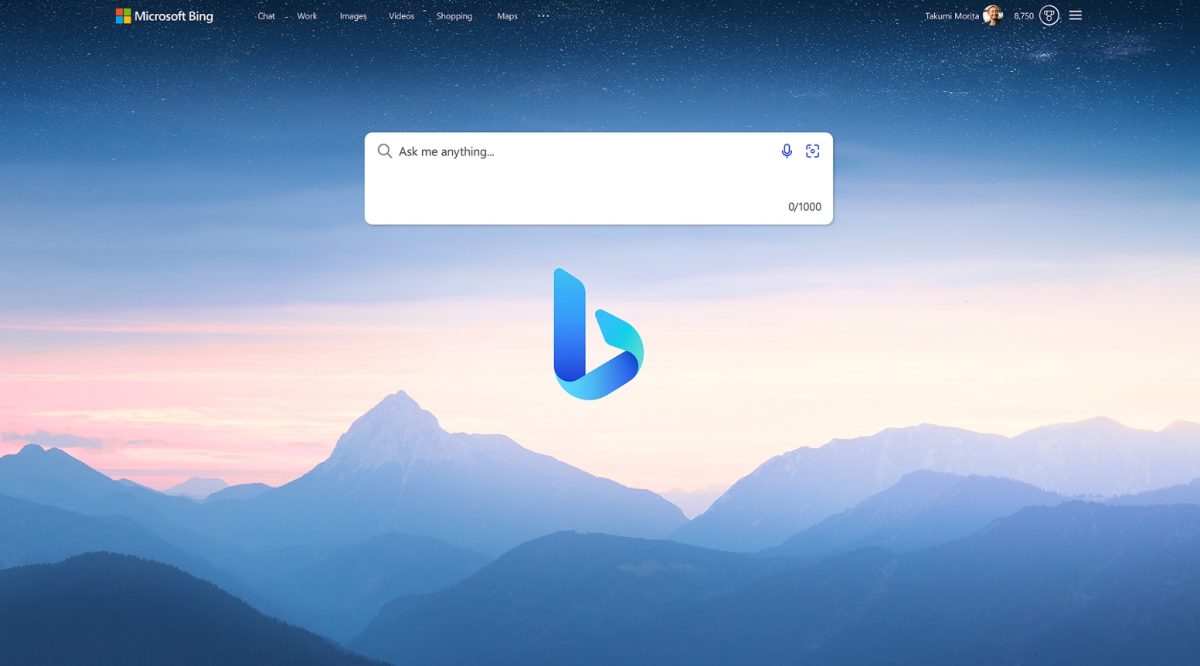AI tools are probably the biggest hype in tech in 2023. Companies have pushed out products or are about to. Bing Chat is one of the most prominent tools available, but there are dozens of others, including Claude AI, Google Bard or ChatGPT that most Internet users may access.
All of these text-based tools work similarly. They react on user input by returning what they believe is the best answer to the query. These answers may include other elements, including links.
All answers need to be verified, as hallucinations are common. Hallucinations are answers that are not factually correct.
It should not come as a surprise that links returned by AI should also be verified. Advertisement will likely see a rise as well and does so already to some extend.
Malwarebytes discovered this week that Microsoft's Bing Chat AI may return ads next to links. When users ask Bing Chat, the AI returns links frequently. Users may hover over a sentence to see the link.
It appears that Microsoft has started to display ads next to these links as well, at least for some users. Attempts to verify this failed, however, which may mean that Microsoft is running limited tests.
The ads are displayed above the organic result, similarly to how ads are displayed by search engines. Companies like Google or Microsoft do that to increase advertising revenue.
Ad labels are easily overlooked and the same is true on Bing Chat currently. A tiny "Ad" label is displayed on the third row of the advertisement in small font. It is difficult for inexperienced Internet users to distinguish between the ad and the organic result.
Many will activate the ad instead of the link that points to the official website as a consequence, and this may lead to the distribution of malware or unwanted programs.
Malwarebytes
explains that it send the query "download advanced ip scanner" to Bing Chat, expecting that the official homepage of the network scanner was returned. Bing Chat did return the address, but placed an ad above the organic result, which pointed to an unrelated website.
Malwarebytes followed the link to the unrelated website and logged all activity. Engineers discovered that the linked site's main purpose was to filter traffic to separate "real users" from "bots, sandboxes, or security researchers". The site does so by checking IP addresses, time zones and several other parameters, including whether a virtual machine is used.
Users are redirected to a fake copycat site that includes a download that supposedly installs the network scanner. It contains a malicious payload that will communicate with an external server on execution.


